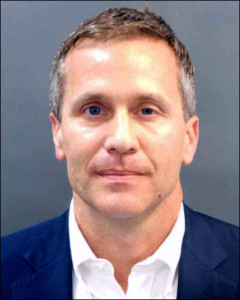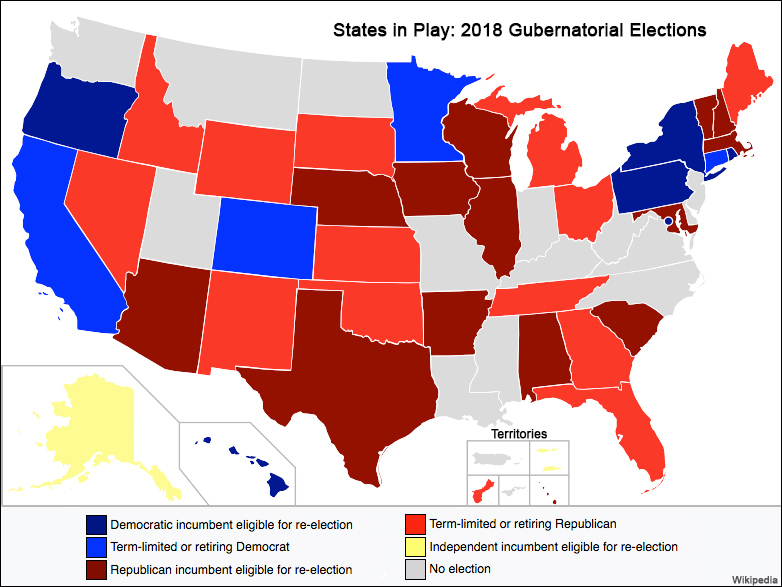By Jim Ellis

Judge Roy Moore
We will remember Judge Moore’s ill-fated 2017 special Senate election effort that resulted in Democrat Doug Jones becoming the first member of his party to win an Alabama Senate seat since Howell Heflin was last re-elected in 1990.
Even before the announcement, Moore and Sen. Richard Shelby (R) were again trading barbs. Judge Moore argued that Shelby’s involvement, which culminated in the senior senator saying he was placing “country before party,” led to Jones’ victory, while Shelby retorted that he still thinks “Alabama can do better,” in a reference about electing Judge Moore.
Arguably, Alabama is the most important Senate race on the 2020 election board. If the Republicans take back the seat, which is a must if they want to cement their hold on the majority, the Senate party division would increase to 54 Republicans. Looking at the remaining seats in play for the current election cycle it becomes increasingly difficult for the Democrats to reach majority status if they lose this race.
In 2017, Judge Moore, after defeating appointed incumbent Luther Strange 55-45 percent in a run-off election after placing first with 39 percent in the original special primary, was found to have attempted to date, or did date, between two and nine underage girls when he was a deputy district attorney in Etowah County some 40 years ago. The controversy likely cost Moore the election, a battle that he lost to Jones 50.0 to 48.3 percent.
The 2020 regular primary appears to feature a more difficult field of opponents for Moore than did the special election. Appointed Sen. Strange waded into his own batch of quicksand when allegations surfaced that he allegedly cut a deal with Gov. Robert Bentley (R) when the former man was Alabama’s attorney general and the state chief executive was being scrutinized for spending and utilizing state resources for his personal use.



